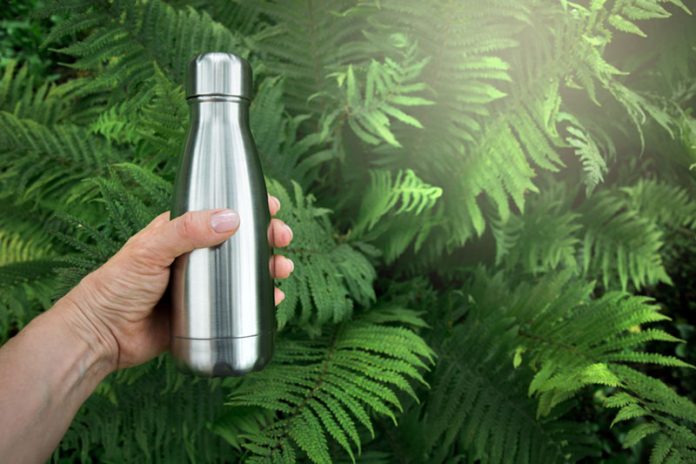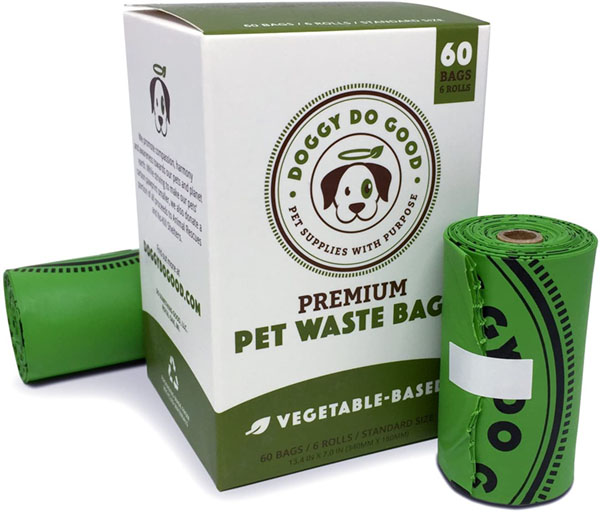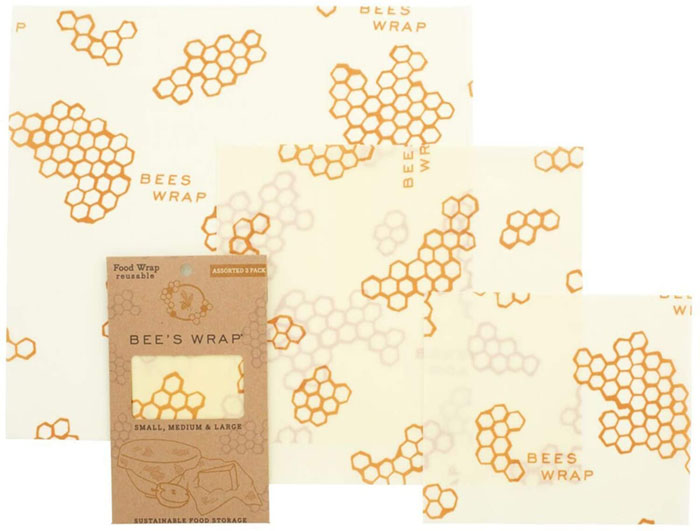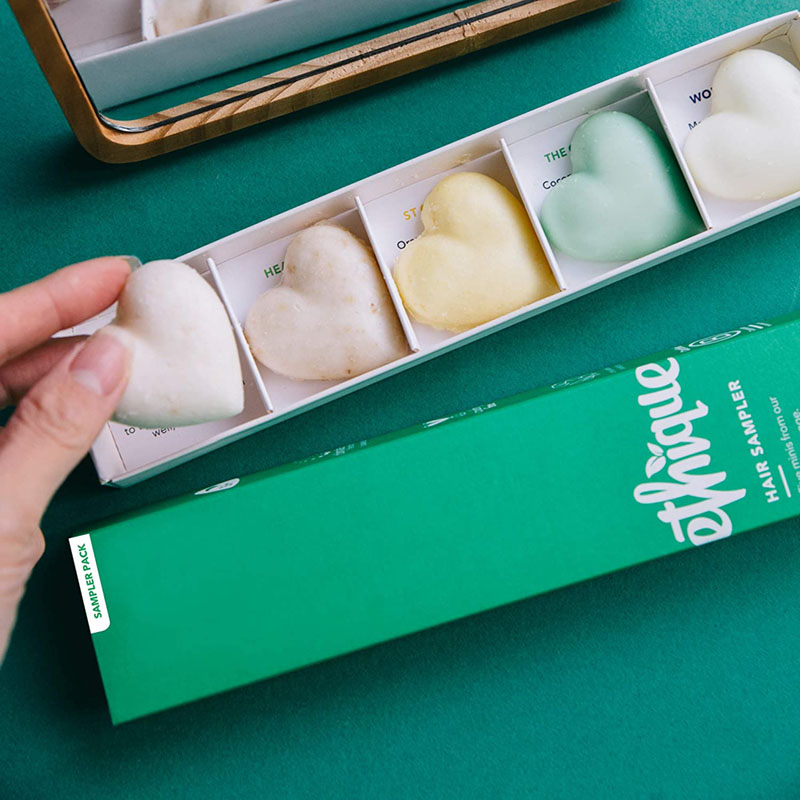We’ve already explored how plastic is harming our planet, so now we can look at the most sustainable alternatives to plastic so that we can avoid this dirty “P word” once and for all.
Worst Single-Use Plastics
Before we get into some of the most sustainable alternatives to plastic, let’s explore some of the worst offenders when it comes to single-use plastics.
- Plastic Straws: In the US, we use millions of single-use plastic straws every single day. They’re difficult to recycle (given their size) which means that they end up being one of the largest contributors to plastic marine debris. In fact, nearly 7.5 million plastic straws were found washed up on US shore lines in recent years.
- Plastic Cotton Buds: Around 1.5 billion plastic cotton buds are produced every day. These are cotton, so they’re not a big deal, right? Unfortunately, once the cotton tips dissolve, a small plastic stick is left—which can end up becoming a dangerous meal for marine wildlife.
- Coffee Cups and Lids: Americans fuel their caffeine addictions with more than 16 billion coffee cups every year. The plastic laminate that lines the inside makes them difficult (and in most cases impossible) to recycle.
PRO TIP: The lids that accompany our morning cup of joe are recyclable, but they’re reusable, too! So, keep the lid and let your local cafe know that you won’t need another one with tomorrow’s soy latte!
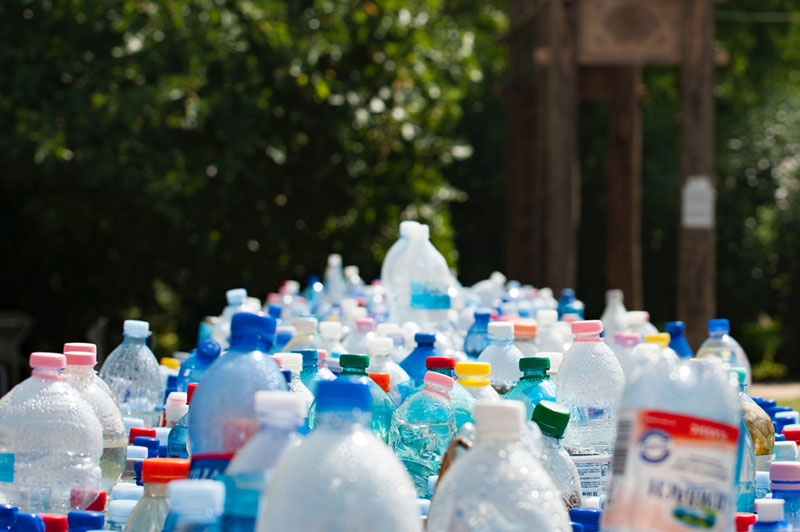

- Plastic Cutlery: We waste 40 billion plastic utensils every year. Yes, waste. In most cases, we get plastic cutlery when we don’t even need it! Plus, plastic utensils are too small, lightweight, and contaminated to recycle, so they end in landfills (or endangering marine wildlife).
- Plastic Bags: The average American brings in around 1,500 plastic shopping bags every year. Overall, we use 100 billion plastic bags in the span of a year (or, 12 million barrels of oil). They take at least 500 years to degrade in a landfill (creating dangerous microplastics in the process).
- Plastic Cups: Including coffee cups, Americans go through more than 120 billion disposable cups every year. Placed end to end, this could wrap around the equator nearly 333 times. Most of these cups aren’t recyclable and end up generating 2.2 billion pounds of landfill waste.
Most Sustainable Alternatives to Plastic
Reduce, Reuse, Recycle
When it comes to sustainability, remembering our 3 R’s is one of the most important things we can do. So, for plastic the best thing we can do for our planet is to reduce our intake.
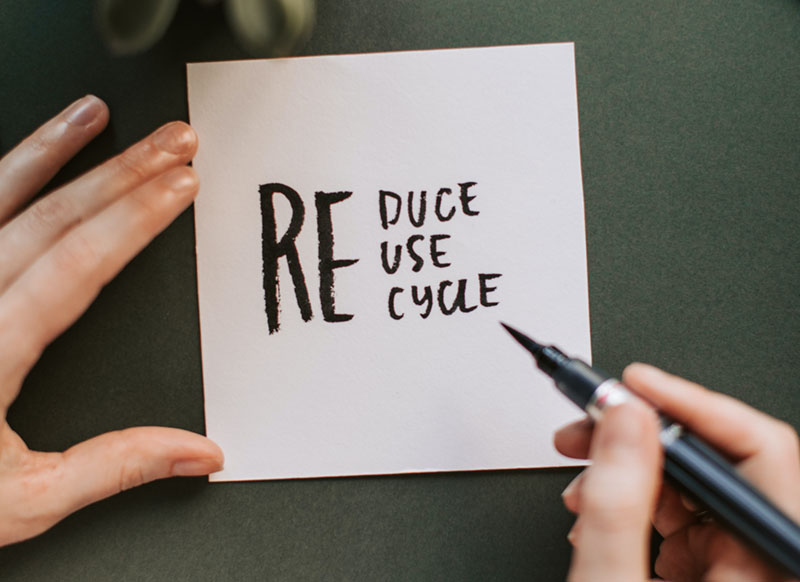

Headed to the grocery store? Say “no” when they offer a bag. Someone suggest eating out for lunch? Bring your own plastic-free meal instead (or at least your own utensils and stainless steel straw). Craving something sweet, but all you see are plastic wrapped candies and cookies? Don your baking apron and make something that doesn’t need to be individually-wrapped.
Once you’re mindful about all the plastic you are consuming, it makes it much easier to realize areas in which you can cut down. Plastic-Free July only happens one time a year, but it might be a good idea to save all the plastic that you accumulate over a week or a month to see where your problem areas are.
Then, you’ll have a better understanding of where you can either reuse plastic products (i.e. taking a tip from your grandma by washing and reusing Ziploc bags), or you’ll have more incentive to properly recycle the plastic that you do use.
Glass
Before plastic came along many of the products we know and love came in glass bottles and jars. Maybe we could learn a thing or two from the past because glass is a more sustainable alternative to plastic in a number of ways.
Glass is made from sand, not fossil fuels, meaning that it’s made from a renewable resource and doesn’t contain the same chemicals that are problematic with plastic. Plus, glass is easy to recycle (upwards of 100% recyclability) and is great to reuse.
Stainless Steel
Stainless steel is one of the most sustainable raw materials we’ve got for two big reasons: it’s easy to recycle and it’s super adorable.
While the production of stainless steel requires a lot of mined minerals like nickel, chromium, and iron, as well as a relatively energy-intensive process, modern technology has made improvements in recent years.
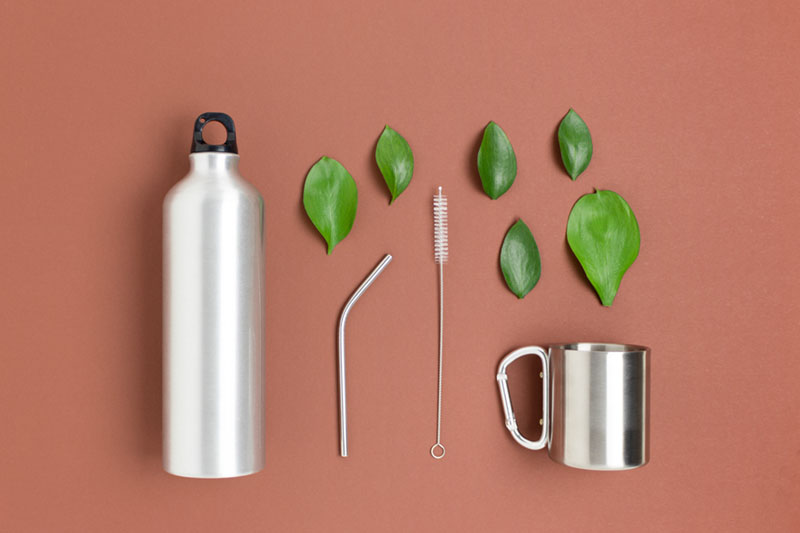

Additionally, when you consider the fact that stainless steel products should last a very long time, the initial energy and material requirements become a more earth-friendly tradeoff. Even better, stainless steel can be 100% recycled and it’s easy to transform old stainless steel into new products, while maintaining the same corrosion resistance, ductility, and strength.
Your new stainless steel lunch boxes may seem like they cost an arm and a leg, but when you consider the fact that they will never need replacing again, opting for stainless steel as a sustainable alternative to plastic is a good choice.
Alternative Plastics
Plastic is a polymer, meaning that it’s made from a combination of repeating units of materials (mostly petroleum). However, plastic-like polymers can be made with a range of both synthetic and natural materials.
In recent years, we’ve seen an explosion of plastic-like polymers and bioplastics. From sugarcane to corn to coffee, it seems like everything is being turned into plastic these days—and for good reason!
According to EcoWatch, here are a few new types of “plastic” we should keep an eye out for in the future:
- Plastic made from olive pits by Turkish startup Biolive.
- The German startup Golden Compound is working on a bioplastic made from sunflower hulls.
- MarinaTex, based out of the UK, is working on a plastic that’s made from wasted fish skin and scales that are bound with algae.
- Amsterdam-based Avantium is transforming plant-based sugars into a biodegradable plastic.
- Hailing from San Francisco, MycoWorks is working on a plastic-like material made out of mycelium from mushrooms.
Best Plastic Swaps
Biodegradable Dog Waste Bags
Around half a billion plastic poop bags are used every year globally. No one likes the task of picking up poop, but having billions of these little baggies littering our planet is much, MUCH worse.
Fortunately, there are a lot of biodegradable dog waste bags out there. Make sure you look for ones that are TRULY biodegradable though (i.e. they meet the standards of ASTM D6400) and that you live in an area with a municipal composting facility that processes pet waste.
We like these ones, from Doggy Do Good. Looking for the same ASTM 6400 standards in trash bags, we found these ones from UNNI.
Menstrual Cup
Tampons and pads are filled with plastic and wrapped in plastic. Over the span of her lifetime, a single menstruator will use around 10 thousand pads and tampons—which end up in landfills as plastic waste.
Organic cotton and eco-friendly alternatives are available, but the best way to go is a reusable menstrual cup. We recommend these ones, from Saalt.
Beeswax Food Wraps
Not only are beeswax wraps better from an environmental standpoint, but they also have antifungal and antibacterial properties that lock in moisture and let your food naturally breathe (plastic wrap doesn’t do this). So, they’re better for your tastebuds, too!
We like Bee’s Wrap.
Refillable Home and Beauty Products
Many of our favorite products from around the house can be purchased in bulk or refillable options! Check out the options at your local organic or health foods store, or an online company like The Refill Shoppe.
Natural Scrub Sponges
Most sponges are made of plastic and once they get too ratty/stinky/stained for use, end up in landfills. Fortunately, there are many eco-friendly alternatives, like these sponges that are made out of natural loofah.
Reusable Essentials
Never leave the house without a reusable water bottle, reusable coffee cup, and a stash of reusable bags (produce bags, too!).
Shampoo and Conditioner Bars
Traditional shampoo and conditioner contains a lot of water (which, if you’re in the shower already seems pretty unnecessary…). Not only are you paying a price for that water, but you’re requiring it to be contained in a plastic bottle too!
Swap to shampoo and conditioner bar. Ethique is a great place to start.
Bamboo Toothbrushes
Brush with Bamboo! The handles can be composted, just don’t forget to remove the bristles first.
_______________
Do you have any other favorite sustainable alternatives to plastic? We’d love to hear them in the comments!

